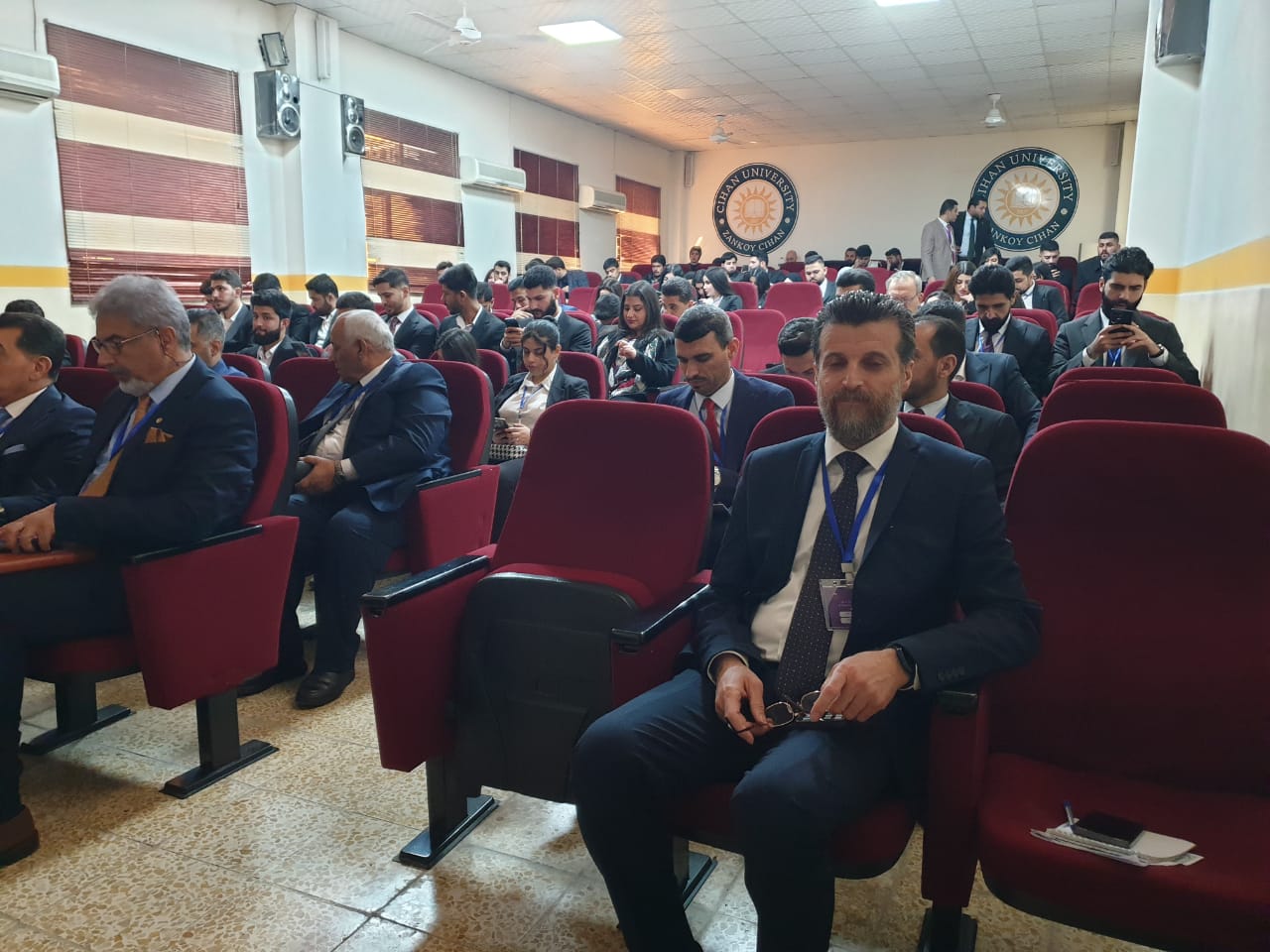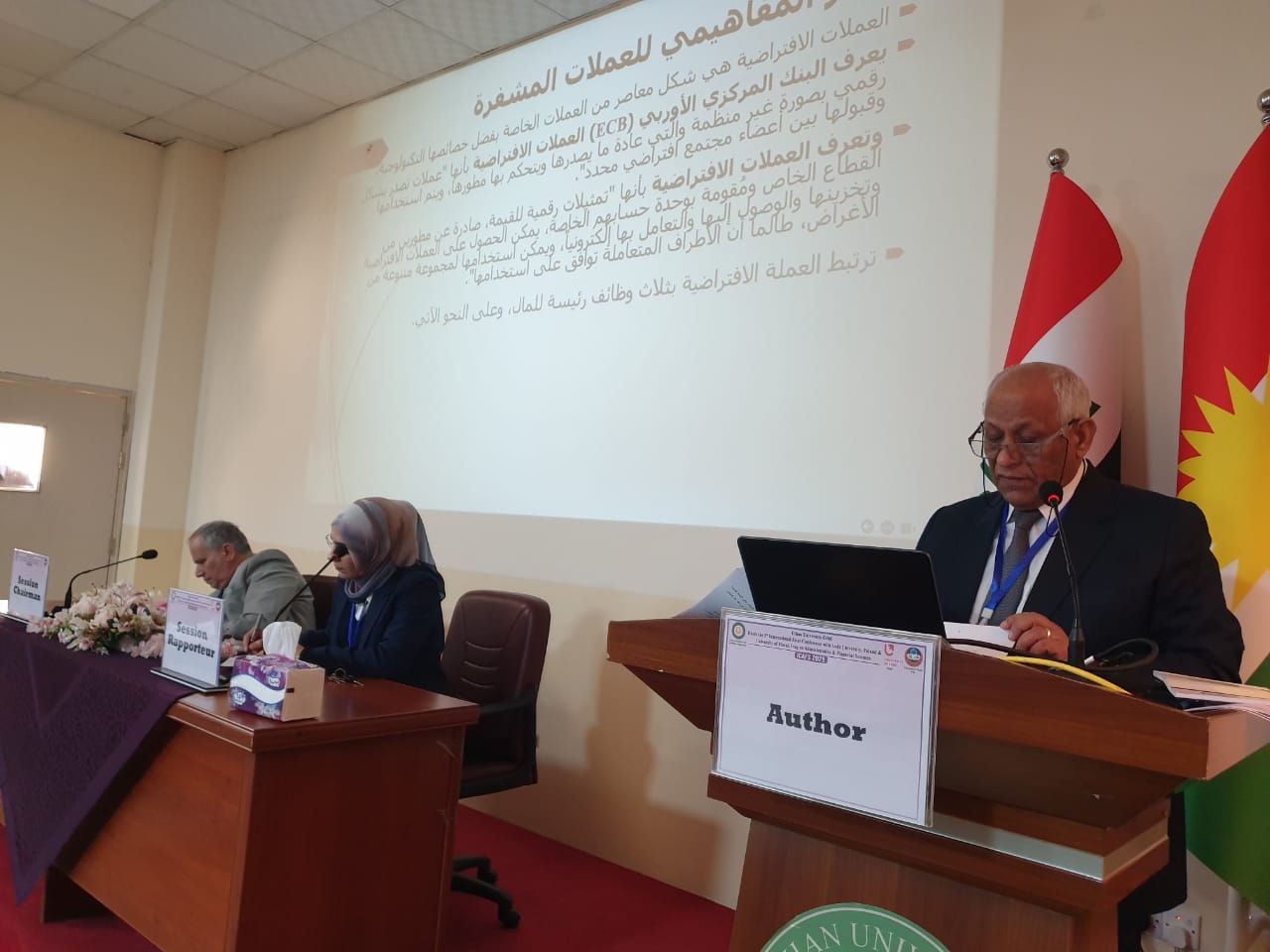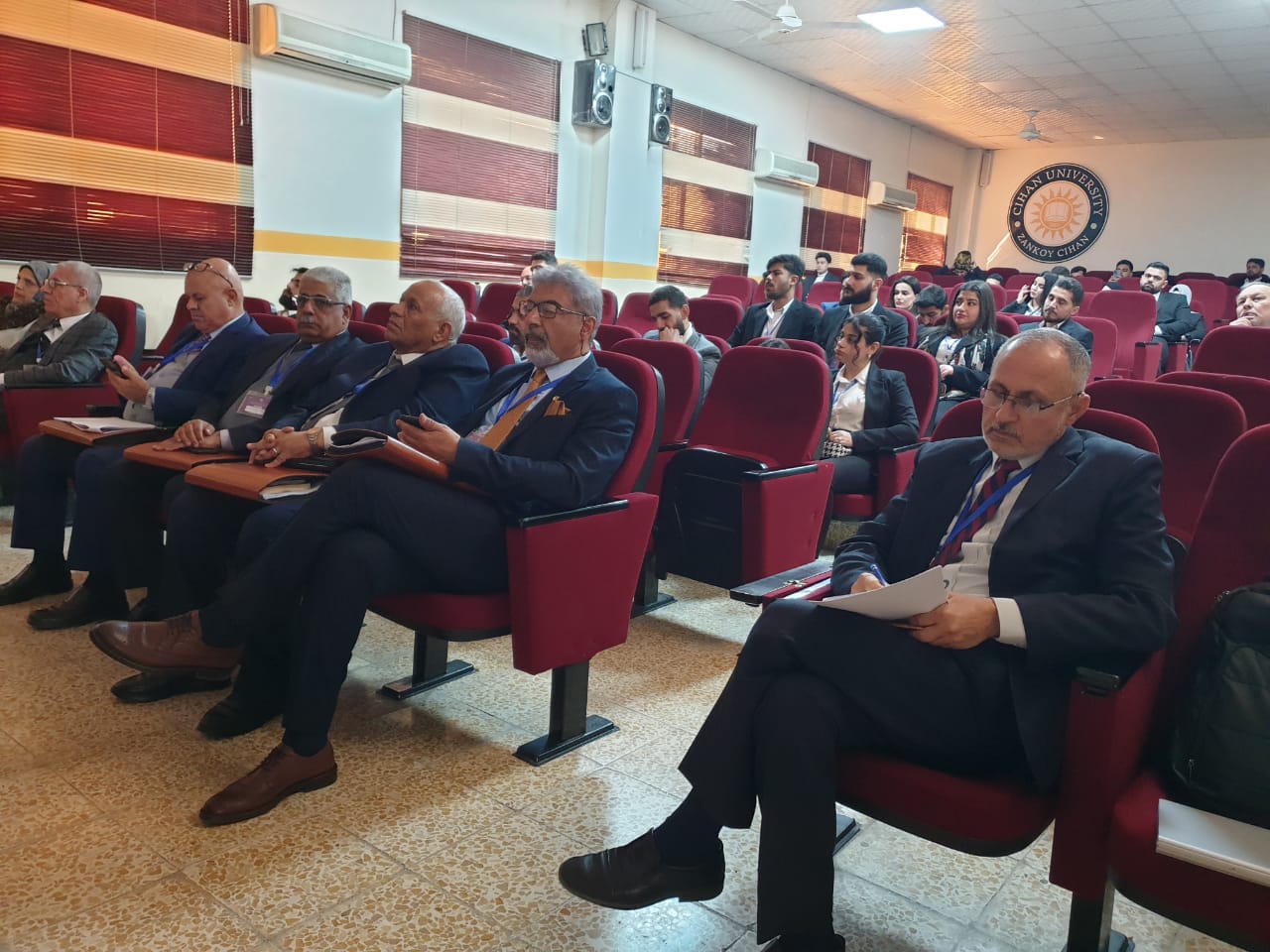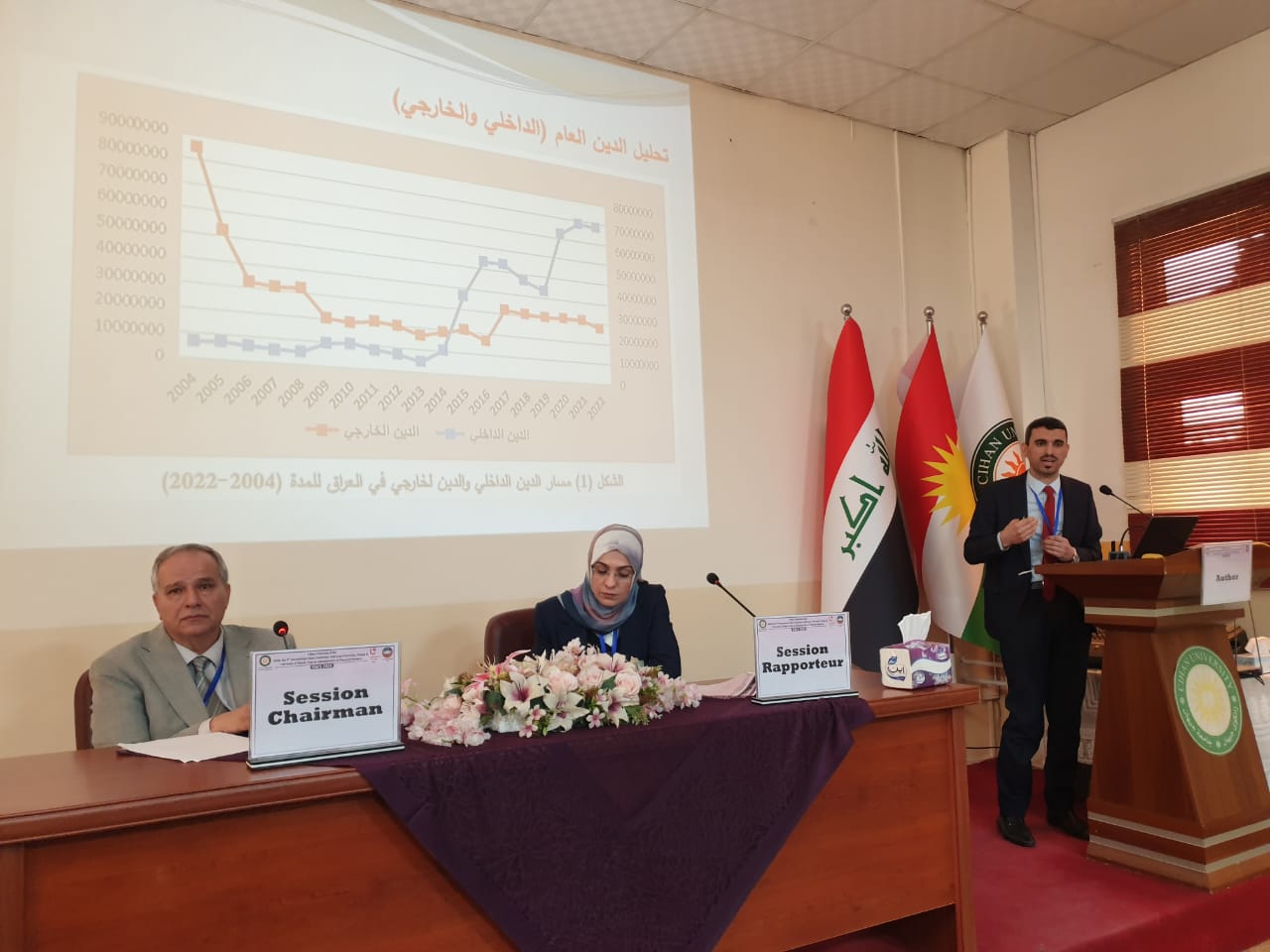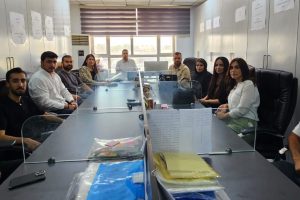Cihan University-Erbil Hosts a Conference on Administrative and Financial Sciences: Experts’ Discussions on Banking and Finance Innovations
On January 29, 2025, Cihan University-Erbil successfully hosted a major Conference on Administrative and Financial Sciences, bringing together scholars, financial experts, and researchers to explore the latest trends in banking and finance technologies.
One of the key sessions, Session 3 (A): Evolving Technologies in Banking and Finance, took place at the VIP Hall from 12:00 to 1:30 P.M. and was chaired by Prof. Dr. Saad M. Al Kawaz from the University of Mosul, Iraq, with Assist. Lect. Hevi Mohammad Qadir from Cihan University-Erbil is the co-chairman. The session featured several significant research presentations that shed light on the impact of technological advancements on financial systems, digital banking, and economic stability in Iraq and the region.
Key Topics and Insights from the Session
The Role of Cryptocurrencies in Financial Technology Advancements
The session began with a presentation by Kamal Alawi Kadhim and Hassan Jamal Hassan, who discussed the rapid evolution of cryptocurrencies and their roles in global financial markets. The study highlighted the growing adoption of digital currencies and the challenges associated with regulation, security risks, and price volatility. The presenters emphasized that while cryptocurrencies provide new investment opportunities, a lack of proper regulatory frameworks remains a major obstacle to their mainstream adoption.
Digital Services in Iraq: Current Developments and Future Prospects
Next, Hussein Hassan Jasim, Haidar Abdulrazaq Ibrahim Hussein, and Anwar Abdul Khaleq examined the state of digital financial services in Iraq, including advancements in digital banking, fintech applications, and online transactions. The research outlined the Iraqi government’s efforts to modernize financial services, emphasizing the need for stronger digital infrastructure and improved cybersecurity measures to ensure long-term success.
Challenges in Adopting Digital Banking in the Financial Sector
Ahmed Hamed Abdul Kadhim and Younis Dhiyab Hamoud Al-Kilabi delivered an insightful discussion on the barriers hindering the adoption of digital banking in Iraq. The study mentioned cybersecurity risks, regulatory constraints, and limited public awareness as the main challenges. The authors stressed the importance of digital literacy programs, robust regulatory frameworks, and enhanced security protocols to increase confidence in digital banking systems.
Financial Inclusion and Economic Stability in Iraq
The session also featured a presentation by Mustafa Jameel Taha and Abdulhassan Jaleel Al-Tamimi, focusing on the relationship between financial inclusion and economic stability. Their research demonstrated that expanding access to financial services, encouraging microfinance institutions, and promoting digital banking adoption are crucial steps toward building a more stable economy in Iraq.
The Relationship Between Public Debt and Iraq’s Stock Market (2020-2023)
Abdulrazzaq Ibrahim Habeeb, Faisal Ghazi Faisal, and Omar Khalil Ibrahim analyzed the impact of public debt on Iraq’s stock market performance over three years. Their findings indicated that high levels of debt negatively affect investor confidence and stock market stability. The researchers recommended that policymakers implement balanced fiscal policies to manage public debt while ensuring steady stock market growth.
The Impact of Interest Rate Risks on Jordanian Banks
Fouzan Alqaisi presented an analysis of how interest rate fluctuations influence lending in Jordanian commercial banks. The study found that rising interest rates lead to a decline in loan approvals, affecting both businesses and consumers. The researcher suggested that banks adopt risk management strategies to mitigate the effects of interest rate changes and maintain stable lending practices.
Conference Conclusion: Financial Innovation and Economic Growth
The session provided valuable insights into how technological advancements and economic policies are shaping the future of financial services. Experts emphasized that Iraq and the broader region must invest in digital banking infrastructure, enhance cybersecurity measures, and establish clear financial regulations to promote economic stability.
Cihan University-Erbil’s initiative in hosting this conference underscores its commitment to academic excellence and research-driven solutions that contribute to the advancement of financial sciences in Iraq and beyond. With the active participation of researchers and industry professionals, the discussions are expected to pave the way for future collaborations and innovations in the financial sector.

